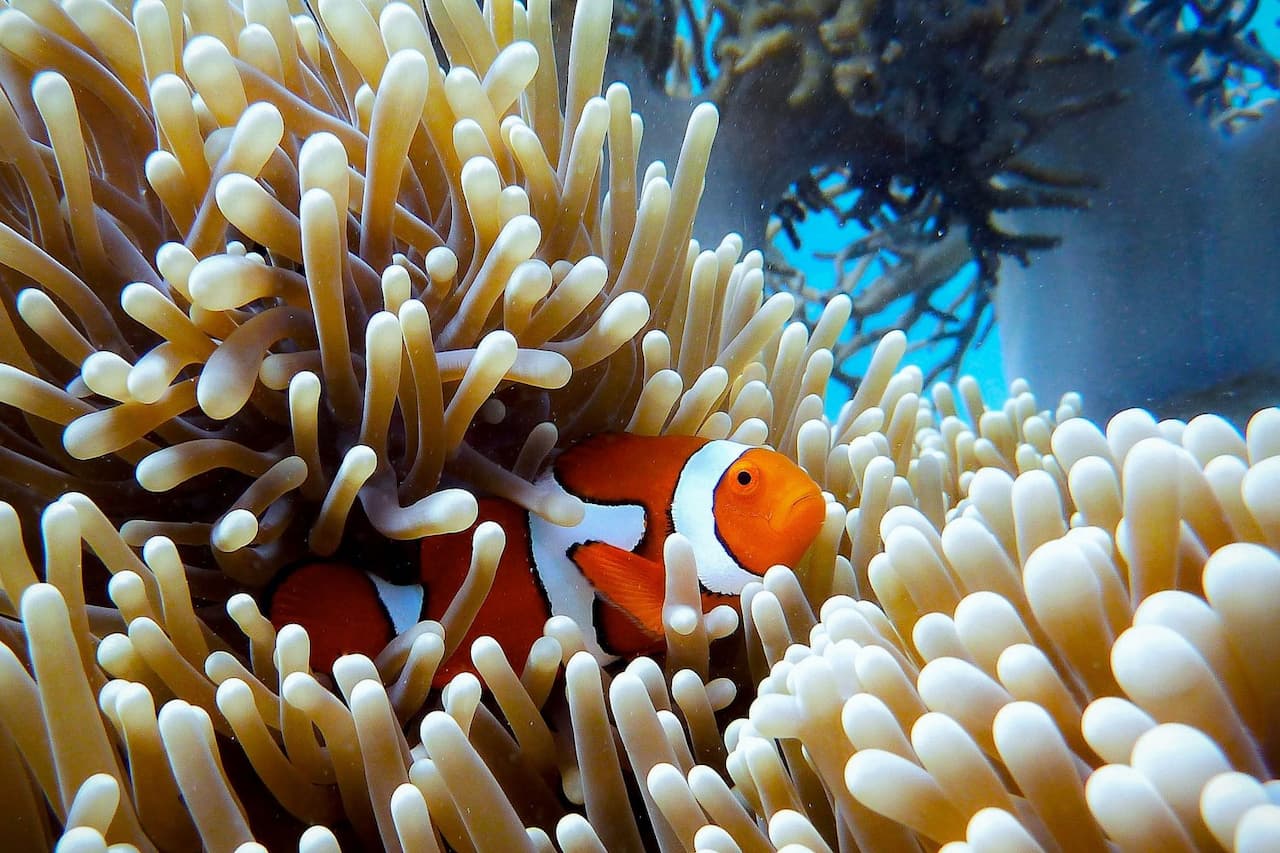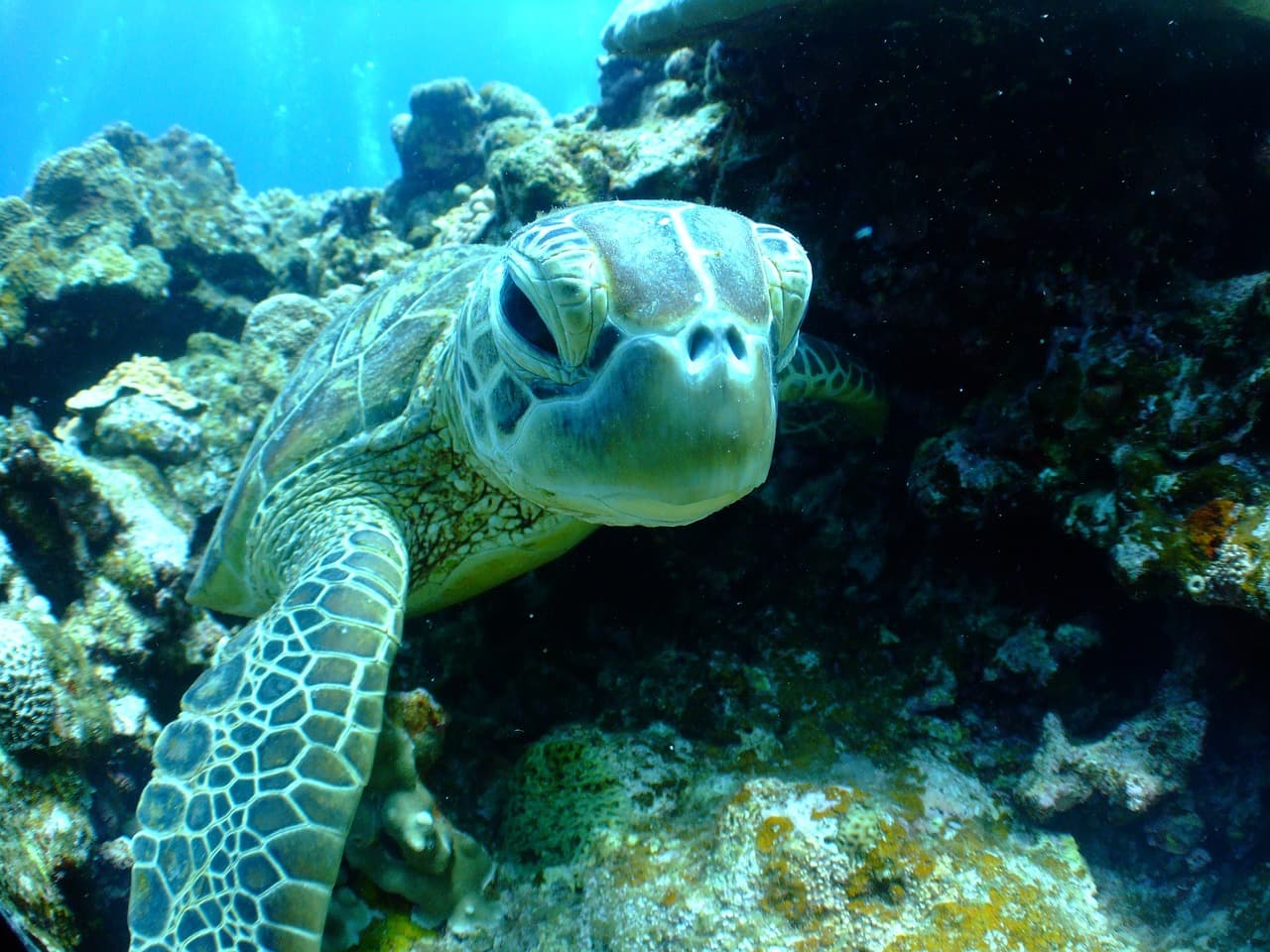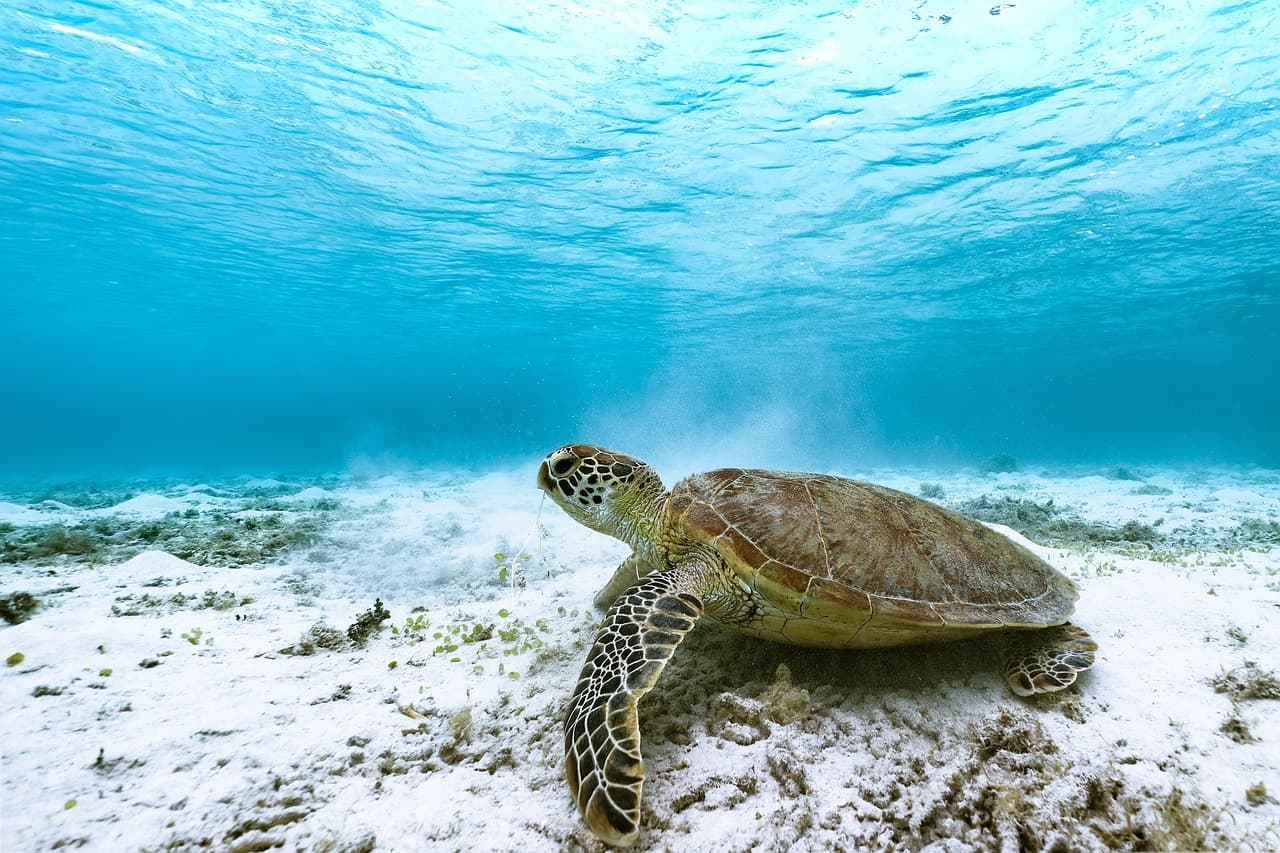Marine fish play a key role in ocean ecosystems, providing food for many animal and human species and having important impacts on the health of the world’s seas and oceans. In addition, marine fish continue to attract the attention of aquarists and aquarium enthusiasts due to their beauty, diversity and unique characteristics. In this article we will look at the biology and diversity of marine fish, and also share the experience of the owner of marine aquariums.
Introduction
Marine fish are a group of living organisms adapted to life in the salt water of oceans and seas. They are one of the most diverse groups of animals in the seas and oceans, and their adaptability allows them to live in a wide variety of ecosystems, ranging from coral reefs and coastal zones to deep sea cracks and the cold waters of Antarctica.
Biology of marine fish
Anatomy and physiology. Marine fish have anatomy and physiology adapted to life in an aquatic environment. Their body is usually designed to facilitate movement in the water: it is narrow and slender, with fins that help them maneuver and swim. Most species of marine fish have gills that allow them to extract oxygen from the water.
Reproduction and development. Many species of marine fish have different reproductive strategies, including eggs, larvae, and adults. Some fish migrate long distances to find spawning grounds, while others stay in the same region.
Variety of sea fish
The world’s oceans are home to more than 30,000 species of marine fish. This enormous diversity includes fish of different sizes, shapes, colors and behavioral characteristics. It is important to note that marine fish can be both predators and herbivores, and also perform various functions in ecosystems, including the role of filter feeders, maintaining the balance of prey populations, etc.
The importance of marine fish for ecosystems
Marine fish play a critical role in maintaining the ecosystem balances of the oceans and seas. Here are some of their important features:
Regulation of populations. Predatory marine fish control populations of small fish and organisms, which helps prevent overpopulation and imbalance in ecosystems.
Food chain. Many species of marine fish provide food for other animals, including seabirds, mammals and humans. They are an important link in the marine food chain.
Participation in biogeochemical processes. Marine fish also contribute to the biogeochemical processes of the oceans by influencing nutrient cycling and water chemistry.
Breeding marine fish in aquariums
Breeding marine fish in home aquariums is becoming increasingly popular. However, this requires special approach and knowledge, since marine fish are often more sensitive to changes in water and conditions compared to freshwater fish.
Selecting suitable species
When choosing marine fish for breeding in an aquarium, it is important to consider their adaptation to planktonic feeding or to fish that require live prey. Popular species that are often bred in saltwater aquariums include firefish, clonfish, angelfish, and others.
Providing suitable conditions
Saltwater aquariums require precise control of temperature, pH levels, salinity and water quality. Water filtration and circulation are also important to keep fish healthy. High quality water and proper nutrition will help ensure successful breeding and healthy offspring.
Development of personal experience
Raising marine fish in aquariums is a fun and educational activity that can be fun and enjoyable. However, like any hobby, it takes time, patience and training. It is good practice to exchange experiences with other aquarists and visit local clubs and forums to discuss methods of breeding and caring for saltwater fish.
Marine aquarium owner experience
To better understand what it’s like to own marine aquariums and raise fish in them, we spoke with experienced aquarist and founder of the IT project miconv.com, Mia Bruno.
Mia Bruno: “I have been involved in marine aquariums for many years and it has always been a fun hobby for me. The most important thing when breeding saltwater fish is to create a stable environment in the aquarium. I pay special attention to water quality and filtration systems. It is also important to choose fish that are which are well compatible with each other and with the conditions in the aquarium.
The marine fish in my aquarium not only bring me joy to watch, but also teach me patience and responsibility. I am always ready to learn new things and improve conditions for my students. It’s a fun and inspiring hobby that I recommend to anyone interested in marine life.”
Conclusion
Marine fish are amazing creatures that bring joy and fascination to those who decide to breed them in home aquariums. However, this requires special attention to detail, training and control of containment conditions. Learning and sharing experiences with other aquarists can help you succeed in this exciting hobby.




